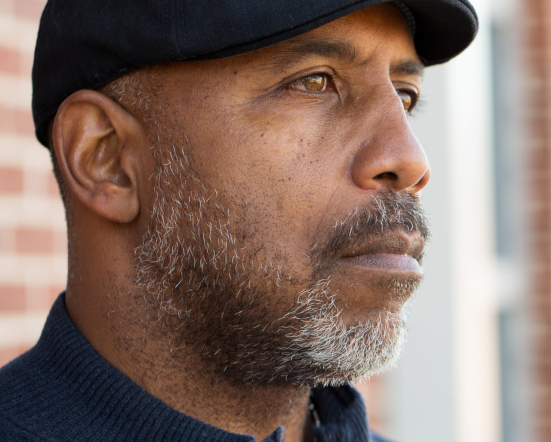The Priority of Pentecost: All Who Are Thirsty
Just prior to the Feast of Pentecost that we celebrate each year, Jesus said some extraordinary words. It happened during the Feast of Booths, which is roughly correspondent with our Thanksgiving.
‘If Any One Thirst’
It’s an ingathering. It’s harvest. It’s celebration. People come from all over the Mediterranean to make pilgrimage to Jerusalem. Anybody who has a spare bed puts people up; extended families crowd into small places, and they don’t care; they’re just happy to see each other. They’re happy to be in Jerusalem. And they’re happy to celebrate this great and glorious occasion where they commemorate again God taking care of them, even in the most difficult times. It’s an extraordinary time of rejoicing: lots of laughter, lots of food, lots of wine, it’s a great time to be in Jerusalem.
And on the greatest day of the Feast, Jesus stands and, in the midst of the hubbub, takes a place of prominence. He raises his voice above the noise of celebration and says, “If any one thirst, let him come to me and drink. He who believes in me, as the scripture has said, ‘Out of his heart shall flow rivers of living water’” (John 7:37b-38).
I was struck by that. Struck by it, because of the preconditions. It’s intentionally ironic, because of course, that’s the time when there’s plenty of food and plenty of drink, there’s more than enough to go around. Everyone gets included; everyone has a seat at somebody’s table.
‘Let Him Come to Me and Drink’
The people understood that the whole nature of the celebration was to include people. They were fellow Jews, they came to celebrate, regardless of their nationality as Athenians, Medes, whatever. People from all over the known Mediterranean world were gathering for that celebration. “If you need a place to come and eat Thanksgiving, come to our house” was in essence the way they celebrated it, and appropriately so. Because what bound them together as a nation, as the people of God, was far more important than their economic stance. This was not a time for social snobbery; this was a time for inclusion, and everybody was welcoming.
So Jesus obviously means something other than physical thirst, right? Because all the food and the wine were there. He was trying to tap into something deep within the human heart, a kind of inner longing that says, even in the midst of this great abundance, there’s something inside that’s not right. There’s something in our world that is not right, and I long for God to come and slake the thirst that is deep within my soul.
There’s a little chorus that goes, “All who are thirsty, all who are weak/ come to the fountain, dip your heart in the streams of life/Let the pain and the sorrow be washed away/in the waves of His mercy/ as deep cries out to deep/singing ‘Come, Lord Jesus, come.’”
That’s the cry of someone who hungers for the very gift of Pentecost that we celebrate. Pentecost, quite frankly, does not come to the satisfied. Pentecost does not come to people who think their life is in great shape. These people see prayer as somehow a little bit of a divine energy that they need to be able to get through their day. In other words, it’s the icing on the cake that I need to be a better me.
Pentecost doesn’t come to people under that sort of circumstance, Pentecost comes to the thirsty, and it comes to men and women, young and old, of every tribe, tongue, race, language and nation to say, “There is something deeply amiss.”
And even though the fears and the rumblings within my own heart would be what I wish weren’t there, it is exactly to that cry that exists within the human heart that the Holy Spirit desires to come and minister to “all who are thirsty.”
How have you found yourself thirsty? Share this blog and your response on Twitter. Please include my username, @revgregbrewer.
(This post is an adaption of Bishop Brewer’s sermon on June 4, 2017, at St. Mary’s Episcopal Church, Daytona Beach, Florida.)
Unless otherwise noted, Scripture quotations are from the New Revised Standard Version Bible, copyright © 1989 the Division of Christian Education of the National Council of the Churches of Christ in the United States of America. Used by permission. All rights reserved.

